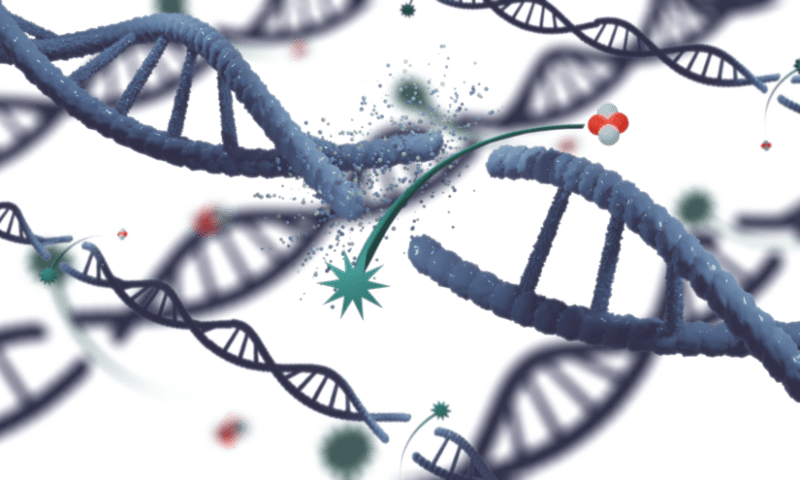Radiation, one of the most widely used and effective cancer therapies, is traditionally administered through external beams targeted at the site of a tumor—which Ken Song, M.D., CEO of the newly unveiled company RayzeBio, calls “an incredibly effective mode for killing cells.” Song, though, bets that his San Diego-based startup can make it even better with a more targeted approach.
RayzeBio Wednesday announced a $45 million series A financing, backed by lead investors VenBio Partners and Versant Ventures and joined by Samsara BioCapital, to “advance an old concept and an older modality of radioisotopes and propel it to the forefront, where it is viewed as one of the preferred therapies for cancer patients,” Song said. Rayze already has seven active programs underway, all focused on targeted radiopharmaceuticals.
Song originally planned to take the rest of the year off after leaving his second CEO post at Metacrine, but he was approached with the opportunity at Rayze. And after researching the science, he was compelled to join.
External beam radiation makes eradicating cancer cells difficult because “you can only go after what you can see, so you obviously will miss in a metastatic disease or micro metastatic disease,” Song said. “The concept of radiopharmaceuticals is to say, well, let’s actually bring the radiation inside the body and straight to the cell.”

Although RayzeBio isn’t the first to utilize this targeted internal approach, Song sees that as an advantage because the method is already clinically proven. “The level of efficacy and tolerability of this probably points towards radiopharmaceuticals being possibly the most effective treatment modality across all different treatment modalities in cancer, but it’s a very, very much underappreciated sector… that I believe now represents really the ideal opportunity to launch a company such as RayzeBio,” he said.
Unlike its predecessors, though, Rayze started from scratch by looking at the biology of different targets to find the best ones to pursue instead of tagging existing drugs with radioactive particles for therapy in a one-off approach. Rayze also designed peptide mimetics, or peptide-like protein chains, to optimize tumor penetration and half-life customizability.
Rayze has chosen an isotope, the actual molecule used in radiation therapy, called actinium 225. It’s known for its potency and short ionizing radius—“we’re talking just hundreds of micrometers, so just a few cells’ width,” Song said—to help it specifically target the tumors. It also boasts a short half-life, which minimizes toxicities in patients and centralizes manufacturing and distribution.
From investor Versant Ventures’ perspective, the choice to get involved was an easy one. “You have great clinical efficacy precedence. You have strong biological rationale that’s consistent with other approaches that are delivering results in oncology. You have great market comps… and despite this, there’s not that much competition,” Jerel Davis, Managing Director at Versant and a RayzeBio board member, said.
The company is planning to use the funds to further its partnership with the Tokyo-based PeptiDream, which is taking on the role of initially screening new peptide mimetics before handing off promising ones to Rayze for further testing. It’s also hoping to expand its team, produce one development candidate in the latter half of 2021, and begin clinical trials a year later.
“All the pieces are there,” Song said. “It’s about putting the pieces together and generating the data efficiently, and that ultimately translates toward why we are prosecuting so many programs in parallel, because this is going to work.”

